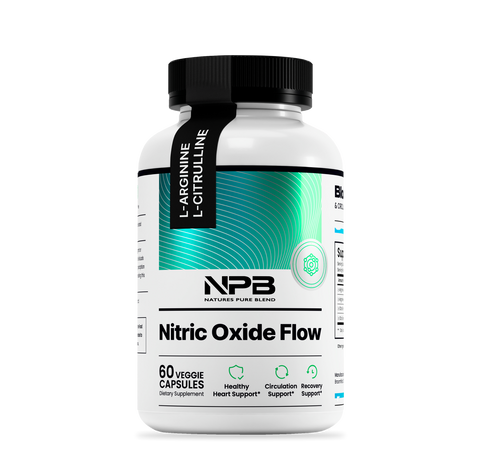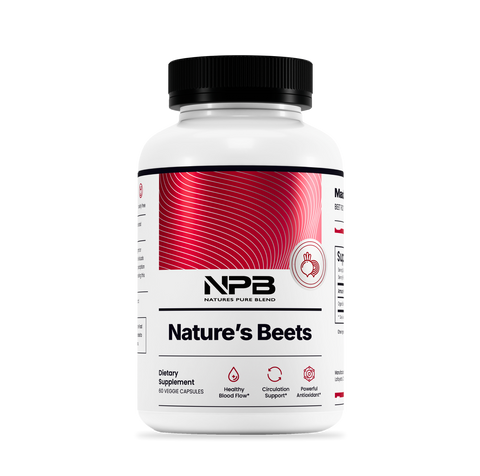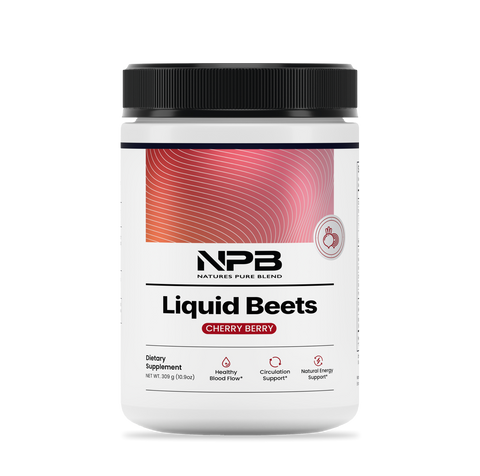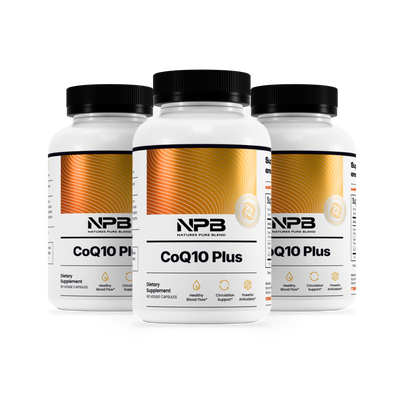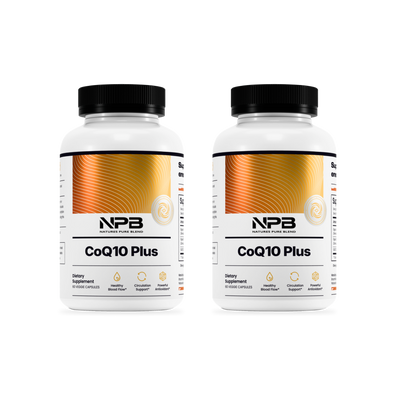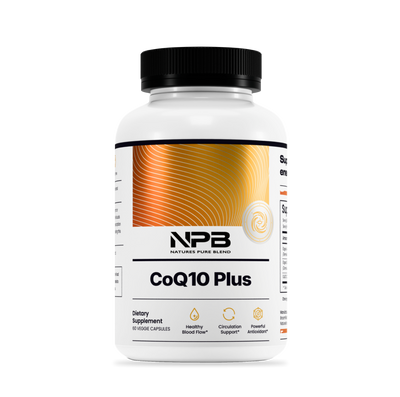Cholesterol health is a long game. It reflects how you eat, move, sleep, and recover—day after day. While single foods don’t “fix” cholesterol, certain nutrients consistently support a healthier lipid pattern over time: steadier triglycerides, favorable LDL-to-HDL balance, and better post-meal responses. The goal isn’t perfection on one lab draw; it’s nudging your everyday choices so your numbers trend the right way across months.
Below are five evidence-backed nutrient categories, what they do in plain language, realistic intake targets, and simple ways to build them into meals without overhauling your life.
1. Soluble Fiber (β-glucans, pectins, psyllium)
Why it helps: Soluble fiber forms a gel in the gut that helps bind bile acids (made from cholesterol) and slows carbohydrate absorption—supporting healthy LDL levels and steadier post-meal swings. 1
Daily target: 5–10 g soluble fiber (within 25–38 g total fiber).
Easy wins:
-
¾ cup cooked oats or barley (β-glucans)
-
1 Tbsp psyllium in water or stirred into yogurt
-
½–1 cup beans/lentils; apple, citrus, carrots
2. Omega-3 Fats (EPA/DHA + ALA)
Why it helps: Marine omega-3s support healthy triglyceride balance and vascular function; plant ALA is a useful backup when fish is limited. 2
Daily/weekly target: 2 fish meals/week (fatty fish) or ~250–500 mg/day EPA+DHA on average; 1–2 Tbsp ground flax or chia for ALA.
Easy wins:
-
Salmon, sardines, mackerel, trout
-
Ground flax/chia, walnuts; drizzle canola/rapeseed oil when cooking mild dishes
3. Plant Sterols & Stanols
Why it helps: These plant compounds compete with cholesterol for absorption in the intestine, supporting a healthier LDL pattern. 3
Daily target: Up to ~2 g/day from foods (often fortified) for meaningful support.
Easy wins:
-
Fortified yogurts, milks, or spreads (check the label)
-
Natural, smaller amounts in nuts, seeds, legumes—build them into snacks and salads
4. Monounsaturated Fats (MUFA), especially Oleic Acid
Why it helps: Replacing saturated fats with MUFAs can support LDL/HDL balance and provide a more oxidation-resistant fat profile. 4
Practical target: Make most added fats at home extra-virgin olive oil; include MUFA-rich foods daily.
Easy wins:
-
Olive oil (dressings, roasting, sautéing)
-
Avocado, almonds, hazelnuts, peanuts, olives
-
Swap: butter → olive oil; creamy sauces → olive-oil vinaigrettes
5. Niacin (Vitamin B3) from Foods
Why it helps: Niacin is involved in lipid metabolism and supports a favorable HDL environment at usual dietary intakes. (High-dose niacin for lipid therapy is medical and should be clinician-directed.) 5
Daily target (food-level): ~16 mg/day for adult men, ~14 mg/day for adult women.
Easy wins:
-
Poultry, tuna, salmon, turkey
-
Mushrooms, peanuts, whole grains
-
Build around protein-rich, minimally processed meals
Putting It Together (No-Overwhelm Blueprint)
-
Breakfast: Oats + chia + berries (soluble fiber + ALA)
-
Lunch: Big salad with beans, avocado, olive-oil vinaigrette (fiber + MUFA + sterols)
-
Snack: Handful of nuts or apple + peanut butter (fiber + MUFA + niacin)
-
Dinner (2×/week): Salmon or trout with barley and greens (EPA/DHA + β-glucans)
-
Daily habit: If tolerated, 1 Tbsp psyllium in water between meals
Track What Matters (8–12 Weeks)
-
Food log highlights: fiber sources, fish intake, added fats used.
-
Simple swaps tally: butter → olive oil, refined → whole grains, sugary desserts → fruit/nuts.
-
Context notes: sleep, alcohol, big stressors, new meds.
-
Re-check labs: same lab/method when possible; look for direction, not perfection.
Conclusion
Cholesterol health reflects patterns, not one meal. Prioritize soluble fiber, omega-3s, plant sterols/stanols, monounsaturated fats, and food-level niacin—and let them replace less helpful choices (refined carbs, excess saturated/trans fats). Small, repeatable upgrades compound over months, showing up as steadier triglycerides and a more favorable LDL-to-HDL picture on your next panel.
Educational use only. Not medical advice. If you’re on prescription therapy or have underlying conditions, check with your clinician—especially before major diet changes or using fortified/functional foods in larger amounts.
